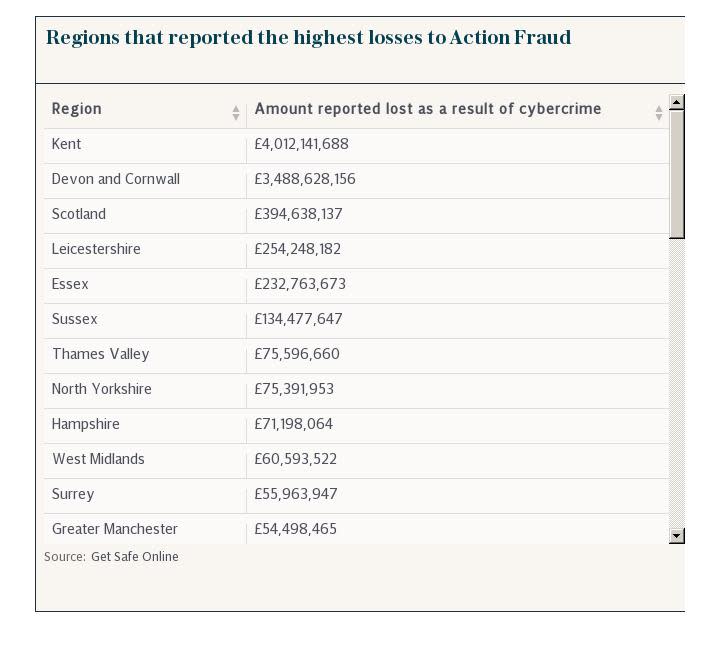Exclusive: Millennials overtake pensioners as biggest fraud target

Millenials are more likely than pensioners to be targeted by fraudsters for the first time , because they don't bother to check their bank statements, data shows.
Analysis of millions of credit files by credit checking firm, Experian, found people in their mid to late 20s have overtaken over 60s as the most likely age group to fall victim to fraud.
It comes after many years of elderly people being the biggest target.
In most cases fraudsters pretend to be other people by buying something or borrowing money in their name.
Over the past year some 14.11 per cent of victims so-called "third party" fraud, where fraudsters steal victims' identities, were aged between 25 and 29, up by over 3 per cent, from 11.05 per cent in 2014.
Over the same period the proportion of fraud victims aged over 60 fell by nearly 6 per cent, from 17.05 per cent to 11.23 per cent.

Fraud on current accounts and mortgages were the fastest rising fraud areas for Millennials, with those with "growing wealth" most likely to be preyed upon.
Among over 60s credit card fraud fell by nearly 5pc over the period, although the age group remains most likely to be hit by this type of fraud.
Darren Guccione, chief executive at cyber security firm Keeper Security, said young people's reluctance to check bank statements was the reason for them becoming a growing target for fraudsters.

He said: "Younger generations tend to do everything from bills to banking online, and this is why they are targeted. They feel they are too busy to login to accounts or check state ments, they just want to go about their life with little hassle.
"This is why they are the targeted accounts for sure. But if you're an elderly person with lots of time on your hands you're going to be much more active in reading bills and statements than a younger person."
Hackers are able to steal personal details from sites like S potify, Paypal and Amazon, which they then sell on the dark web. Email addresses sell for up to £3 each while more valuable and difficult to obtain documents, like driving licences, sell for up to £20.

These details are then bought by fraudsters to build up victim profiles which are detailed enough to convince firms into accepting payments and applications.
Overall the level of identity theft has soared across the country to record levels, with figures released earlier this year showing that almost 173,000 frauds were recorded over 12 months.
Some 9 out of 10 fraudulent applications for bank accounts and other financial products are made online. The number of cases has more than doubled in the past eight years, and has increased by almost 2 per cent compared to 2015.
katie.morley@telegraph.co.uk

 Yahoo News
Yahoo News 
